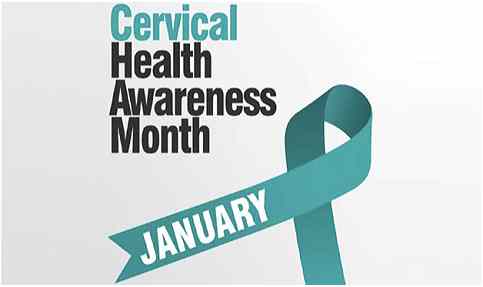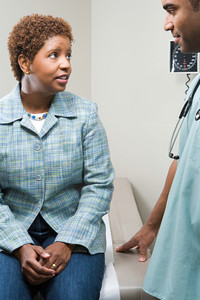Let’s get right to the point. You’re a Lagos Mum. You’re knowledgeable and informed about current matters, especially those regarding your family’s well being and health. As a result, you’ve heard about the HPV vaccine. You know about pap smears. And you know it’s cervical cancer awareness month. But you’re not sure what the exact relationship is between these three.
So….you have burning questions. Well… I have answers for you!

What Should I Know About The HPV Vaccine?
The HPV vaccine is one of the only two vaccines in existence to prevent against cancer. Yes, you heard me right. This vaccine prevents up to 90% of cases of cervical cancer as well as head and neck cancers, anal cancer, penile cancer and a few other rare cancers. The other vaccine is the hepatitis B vaccine which is given in childhood and protects against Hepatitis B which can be sexually transmitted, and can eventually lead to liver cancer.

The HPV vaccine provides protection against HPV, a group of viruses that spreads easily through EITHER direct sexual contact or non-sexual contact. Sexually transmitted HPV can be further divided into low risk and high risk types – low risk types do not cause cancer but can cause skin warts (even in the genital region) and high risk types can cause cancer. HPV 16 and HPV 18 in particular are responsible for most HPV-related cancers, thus HPV vaccines specifically protect against these two forms.
Currently there are two main types of HPV vaccines available – Cervarix and Gardasil. These vaccines prevent against most HPV infections that cause cancer, but not all. Cervarix is given to girls and Gardasil can be given to BOTH girls and boys, generally from ages 9 through 26.
The reason we start the vaccinations at this early age is to provide protection BEFORE the onset of sexual activity. HPV is easily passed during sexual contact, meaning it can be contracted if a person has only had one sexual partner. Transmission can even occur despite condoms usage as areas not covered by condoms can be infected by the virus. There are usually NO signs or symptoms of HPV infection, so majority of people pass this virus on without knowing it.

How Is Cervical Cancer Detected?
Cervical cancer is detected through pap smears – that uncomfortable but very necessary test your primary doctor or gynecologists insists on performing during most of your female wellness exams. Pap smears take a sample of the cells on the cervix and asses if there are any cancerous or pre-cancerous changes present. During the gynecologic exam, your doctor may also check for the HPV virus itself; the frequency with which we check for this varies based on your age, health and sexual history.
As mentioned above, the HPV vaccines protect against MOST of the virus types that cause cancer, but not all. As a result, it is extremely important to continue cervical cancer screening through pap smears; even in people who have had the HPV vaccine.
How Do I Reduce My Cervical Cancer Risk?
See your regular doctor to discuss your gynecologic history and when next you should have a pap smear. If you or your child are eligible for getting the vaccine based on age -> JUST DO IT! This could be the most important step you take in preventing a very common but highly avoidable cancer.
Keeping you healthy,
Dr. Sade Adeyi, MD MPH

Instagram, Twitter: @yourprimarydoc
